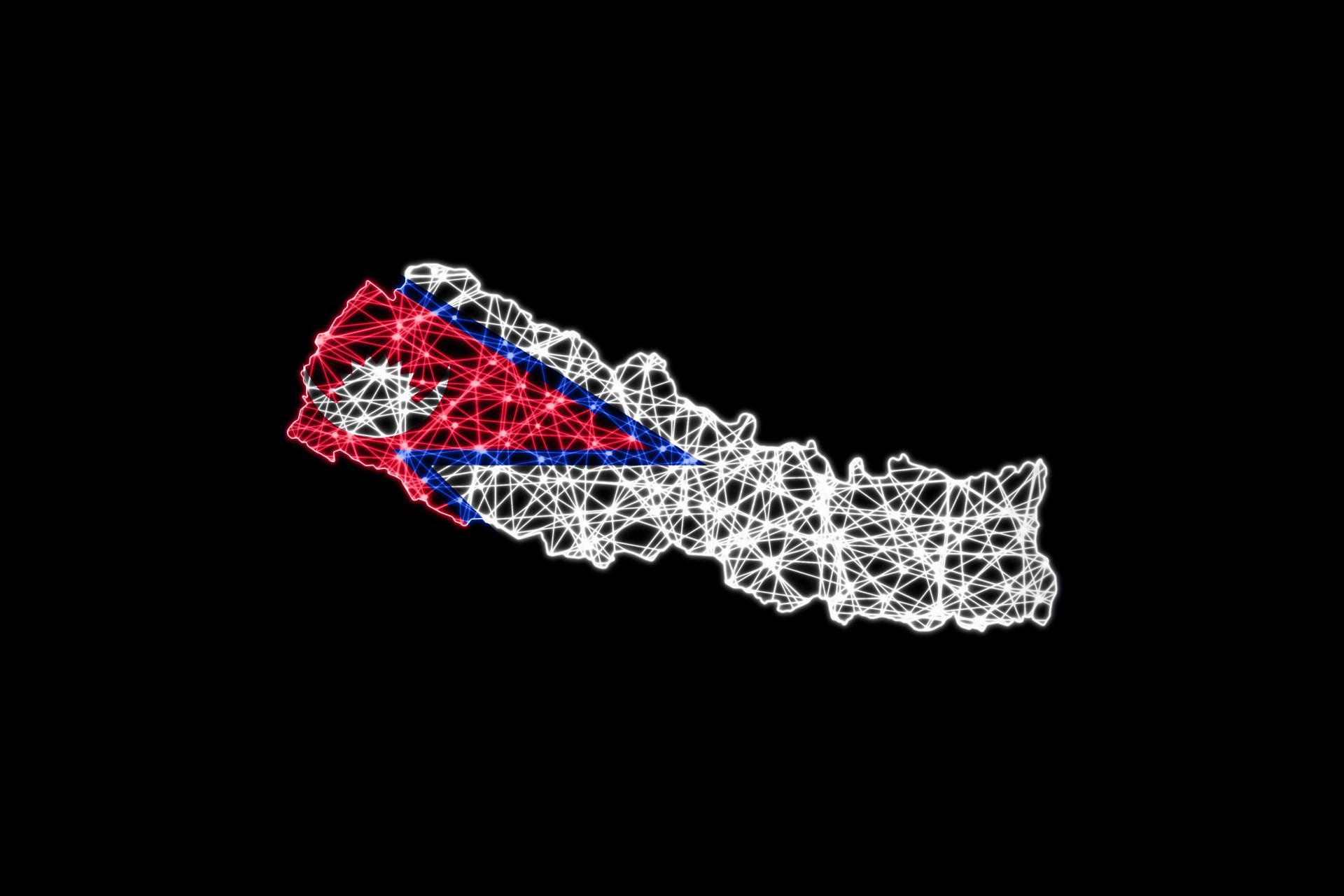On November 13, 2023, the internet was left in shock as TikTok banned in Nepal. The Nepalese government announced that it was banning the popular social media app TikTok. The minister for communications and information technology, Rekha Sharma, said that the decision was made because TikTok was being used to share content that “disturbs social harmony and disrupts family structures and social relations”.
The ban comes as TikTok has faced increasing scrutiny around the world over concerns about its data security and privacy practices. The app is owned by the Chinese company ByteDance, and there are concerns that the Chinese government could use it to collect data on users or to spread propaganda.
In addition to these concerns, TikTok has also been criticized for its role in spreading misinformation and hate speech. The app has been used to spread fake news and conspiracy theories, and it has also been used to bully and harass users, just like we have seen in the viral truck fire videos with a speech from American President Joe Biden a few months back.

Why is TikTok banned in Nepal?
The Nepalese government has not provided specific details about the content that it believes is being used to disturb social harmony and disrupt family structures and social relations. However, it is possible that the government is concerned about the following types of content:
- Content that promotes violence, hatred, or discrimination
- Content that is sexually suggestive or explicit
- Content that is harmful to children and young people
- Content that is false or misleading
- Content that is defamatory or violates the privacy of others
It is also possible that TikTok banned in Nepal as the Nepalese government is concerned about the potential for TikTok to be used by foreign governments to interfere in Nepali politics or to spread propaganda.
Plus according to a local news report, more than 1,600 TikTok-related cyber crime cases have been registered over the last four years in Nepal.
As TikTok banned in Nepal, TikTok users in Nepal are no longer able to access the app as of November 15, 2023. Internet service providers in Nepal have been ordered to block all access to TikTok.
Users who have already downloaded the TikTok app will still be able to use it for a short period of time, but they will eventually lose access to the app.
Nepal joins Asian countries to ban TikTok
The ban on TikTok in Nepal is a significant development. Nepal is now one of the first countries in South Asia to ban the app. The ban is also likely to have a ripple effect, as it could encourage other countries in the region to ban TikTok as well.
The ban on TikTok is also a sign of the growing tensions between China and the West. TikTok has become a symbol of Chinese soft power, and its ban in Nepal is a setback for China’s efforts to expand its influence in the region.

The TikTok banned in Nepal news is a complex issue with no easy answers. On the one hand, it is important to protect social harmony and to prevent the spread of harmful content. On the other hand, it is also important to protect the right to freedom of expression and to access information.
The Nepalese government will need to carefully monitor the situation and ensure that the ban on TikTok is not used to silence dissent or to restrict access to information. The government should also work with other countries to develop international standards for regulating other social media platforms.
A growing trend it seems
TikTok banned in Nepal news in Nepal is a worrying sign for the future of social media censorship. The ban shows that governments are willing to restrict access to social media platforms if they believe that these platforms are a threat to national security or social order.
Besides, Nepal isn’t the only country that implies a ban on TikTok. The following countries have already banned TikTok within their borders:
- Afghanistan
- India
- Pakistan
- Bangladesh
In addition, a number of countries have banned TikTok from government devices, including:
- Australia
- Belgium
- Canada
- Denmark
- France
- Netherlands
- New Zealand
- Norway
- Somalia
- Taiwan
- United Kingdom
- United States
These bans have been motivated by a variety of concerns, including national security, data privacy, and the spread of misinformation, and share a similar reason to the TikTok banned in Nepal news. However, critics of the bans argue that they are an infringement on the right to freedom of expression and access to information.

What about the concerns? Are they right?
Research has shown that TikTok has brought more negative impacts to the youth generation compared to positive impacts, with concerns about inappropriate content, privacy and safety, and mental health
The negative effects of TikTok on youth behavior include exposure to inappropriate content, cyberbullying, and addiction. The platform has been associated with issues such as promoting nudity, adult language, and pornography, as well as enabling cyberbullying and exposing young users to X-rated and graphic violent content.
The use of TikTok and other social media platforms can impact the mental health and well-being of young users through various mechanisms. Studies have indicated that image-focused apps like TikTok can lead to mental health issues such as body dissatisfaction, eating disorders, narcissistic personalities, and anxieties.
Additionally, excessive use of social media has been linked to psychological disorders, including the development of insecurities and narcissism due to exposure to fake lifestyles and excessive compliments on social media. This alone could be the answer to why is TikTok banned in Nepal.
The addictive nature of TikTok and similar social media apps can lead to the future endangerment of young children, as they are exposed to inappropriate content that is not suitable for their ages, cyberstalking and online predators.
Taking all this into account, it becomes quite easy to answer the question of why is TikTok banned in Nepal. Yes, perhaps Nepal’s decision is a measure that will negatively affect freedom of speech, but it would not be wrong to say that the harm caused to society by consuming short-form content is clearly evident.





